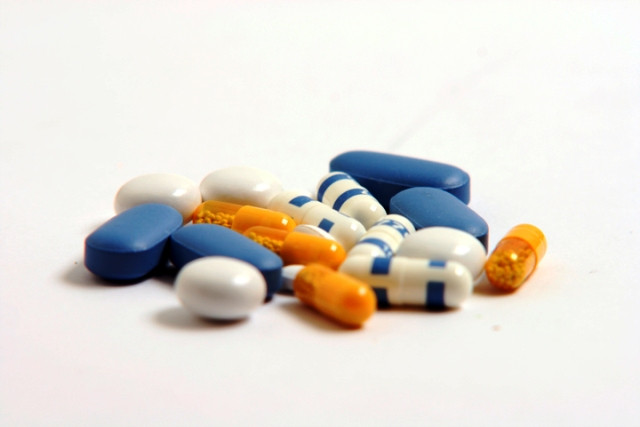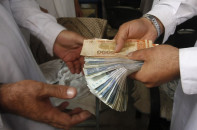Enhancing production: Regulatory body registers 210 drugs, 30 devices
Local pharma industry’s potential undermined as govt limits production.

The Drug Registration Board (DRB) has approved registration of the products of 30 newly established pharmaceutical units. The board also approved 104 new sections established by 42 pharmaceutical units for various dosage forms and 72 manufacturers who have made substantial improvements in their existing facilities.
The board in its meeting considered 2,500 applications and approved 30 medical devices and about 210 single and multiple ingredient drugs in various presentations like tablets, capsules, injections, syrups of different potencies.
The meeting was held after the directions given by the PM to the Cabinet Secretary to ensure uninterrupted provision of medicines to patients and resolve all outstanding issues of the pharmaceutical industry.
Products approved for registration included pharmaceuticals, biological, anti-cancer and drugs for thalassaemia treatment. The medical devices including stents (used in cardiac procedures) were also registered. Registrations have also been granted for certain medical devices, vaccines, sera and biological products, which are either not produced locally or their production is not adequate to meet the requirements.
The Registration Board approved 164 products for deregistration as they had become obsolete or commercially not viable for manufacturers. The board expects that the registration would encourage manufacturing of pharmaceuticals since all these drugs are safe and meet the prescribed standards. These initiatives will also help to boost exports, meet the increasing demand of drugs within the country and achieve the market growth rate of 15-20%.
The Board also approved testing of interferon through internationally accredited laboratories recognized by World Health Organization (WHO), Food and Drug Administration (FDA), Medicine Health Regulatory Agency (MHRA), European Medicine Evaluatory Agency (EMEA).
The resumption of Disprol tablets’ production which was suspended on May 10, was not approved. The board also directed the manufacturer to destroy the substandard stocks of 32.6 million tablets.
Registration of Desirox-250 and 500mg dispersible tablets containing Deferasirox, an essential drug for the treatment of thalassaemia was also issued. This would save on an average Rs500-800 per day depending on patient’s body weight.
The local pharmaceutical industry expressed reaction to the decision. Some traders expressed concern over the government’s decision of allowing production of only five products saying it will adversely affect their productivity and profitability.
“The newly established pharmaceutical units have requested the government to allow them to produce five molecules, instead of five products for efficient running of their business as production costs are very high,” Sheikh Hafeez, senior vice-president of the Rawalpindi Chamber of Commerce and Industries (RCCI) told The Express Tribune.
He said about 37 new pharmaceutical companies were established before the devolution of health ministry with an investment of over Rs3 billion. Though they were given licence, their products were not registered.
These companies sent an appeal to President Asif Zardari and Prime Minister Yousaf Raza Gilani seeking permission for production of at least 30-40 products as without this it was impossible to run a factory.
“The government has estimated the total investment to be Rs1.5-2.5 billion, which is absolutely wrong as it is more then Rs3 billion,” Hafeez said.
APP adds:
Some representatives of pharma industry, however, lauded the government’s decision to grant registration of new life saving drugs, saying it will facilitate the flourishing sector.
Muhammad Aslam, a senior member of Rawalpindi Chamber of Commerce and Industry (RCCI) said with the grant of registration the department concerned has not only protected employment of thousands of people but also provided relief to the ailing humanity. “The new local entrants have invested billions of rupees in their business and they have invested the amount at a time when foreign investment was witnessing a declining trend,” said Naeem Shah, a pharma representative.
Published in The Express Tribune, August 19th, 2011.



















COMMENTS
Comments are moderated and generally will be posted if they are on-topic and not abusive.
For more information, please see our Comments FAQ